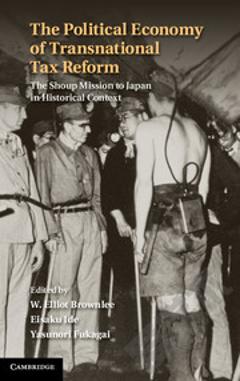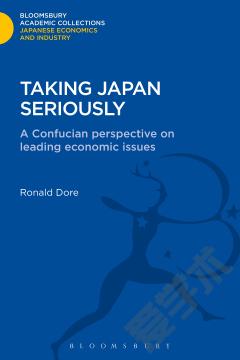The Political Economy of Transnational Tax Reform: The Shoup Mission to Japan in Historical Context
This volume of essays explores the history of the US tax mission to Japan during the occupation following World War II. Under General MacArthur, economist Carl S. Shoup led the mission with the charge of framing a tax system for Japan designed to strengthen democracy and accelerate economic recovery. The volume examines the sources, conduct and effects of the mission and situates the mission within the history of international financial and fiscal reform. The book begins by establishing the context of progressive social investigations of taxation, including Shoup's earlier tax missions to France and Cuba. It then goes on to explore the Japanese background to the Shoup mission and the process by which American and Japanese tax experts shaped their recommendations. The book then assesses and explains the mission's accomplishments in the context of the political economies of the United States and Japan. It concludes by analyzing the global implications of the mission, which became iconic among international tax reformers.
{{comment.content}}








 京公网安备 11010802027623号
京公网安备 11010802027623号